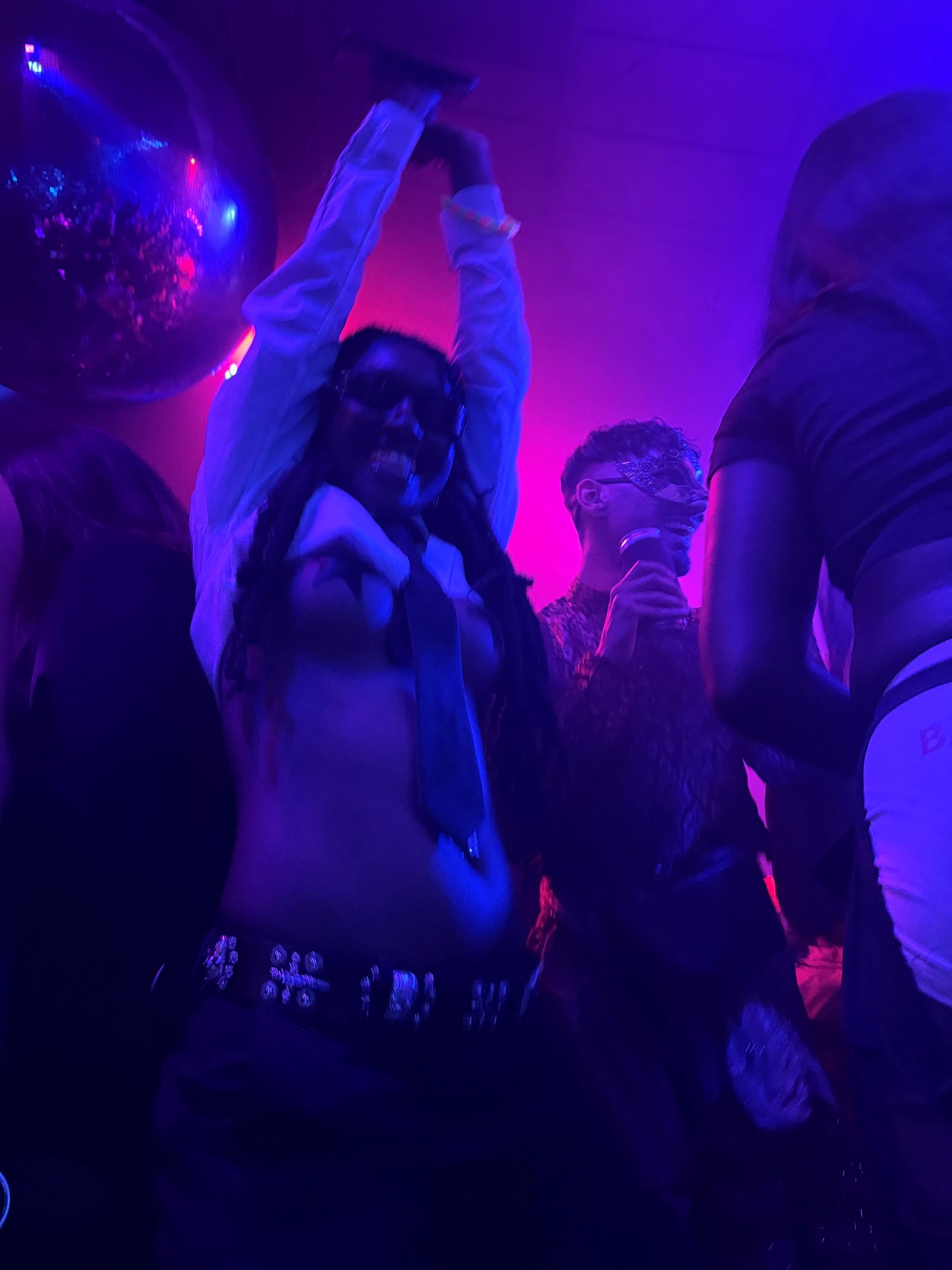Pxssy Palace stands out as the only nightclub in London that specifically caters to queer people of colour. However, it has announced it is entering a new era and stepping away from its bigger themed parties. It’s not yet clear what this means for the future of the club and the shift has left many within the queer community, particularly queer people of colour (POC), feeling anxious about what the future holds for their nightlife.
Venues such as Pxssy Palace are not just venues for entertainment but vital sanctuaries for individuals who often find themselves marginalised in broader society.
As a person of colour in a country where only 18% of the population identifies as such, I believe that preserving spaces dedicated to POC is crucial. In a city where queer nightlife is predominantly white, Pxssy Palace offers a unique and necessary refuge.
London’s queer nightlife is undergoing a significant transformation. With established venues like Heaven temporarily shutting down and G-A-Y closing its doors, the queer scene—which was already limited—is losing more safe spaces. The distinction between gay and queer clubs is often blurred, with many gay clubs primarily catering to gay men, leaving the rest of the LGBTQIA+ individuals feeling excluded.
Pxssy Palace has worked hard to create a safe environment for queer POC—some of the most vulnerable individuals in society. It was founded by a group of friends who wanted to create a space for queer individuals of colour from Asian and African backgrounds—people who had often faced rejection from their families due to their identities. They did this by making sure security stayed around at the end of the night to maintain a safe space; they had support staff circulating the entire event at all times, a medic team who never judged, a taxi fund to get the most vulnerable home safe, gave away tickets to low-income individuals, and even hosted a mingling hour for solo partiers before each event. Such care and attention to detail are often absent in other venues.
As the club gained popularity, it began to attract more white queers, which sparked concern among regular attendees. To address this, Pxssy Palace introduced tiered ticket pricing: the least expensive tickets were reserved for POC, while white queer allies paid a bit more, and cisgender straight white men were charged significantly higher rates. This approach ensured that while everyone is welcome, the primary focus remains on providing a safe space for POC.
Chelsea Nascimento, 25, has been a regular at Pxssy Palace for seven years. Over time, she witnessed the club evolve through different phases. Reflecting on the changes, she said: “When it got popular and more white queer people began attending, I definitely didn’t feel as safe. It didn’t feel as at home anymore.” Chelsea’s sentiments highlight the challenge of maintaining a space that is both inclusive and safe for those it was initially designed to serve.
There is no guilt in POC wanting to separate themselves from their white counterparts if it means achieving comfort and safety. When our needs are acknowledged and met, there may not be a need for separate spaces; however, until that happens, venues like Pxssy Palace are crucial for fostering a sense of community and belonging.
Pxssy Palace is more than just a nightclub; it is a lifeline for queer people of colour in London. As the landscape of queer nightlife continues to change, it is imperative that we advocate for spaces that prioritise the safety and comfort of those who are often overlooked.

